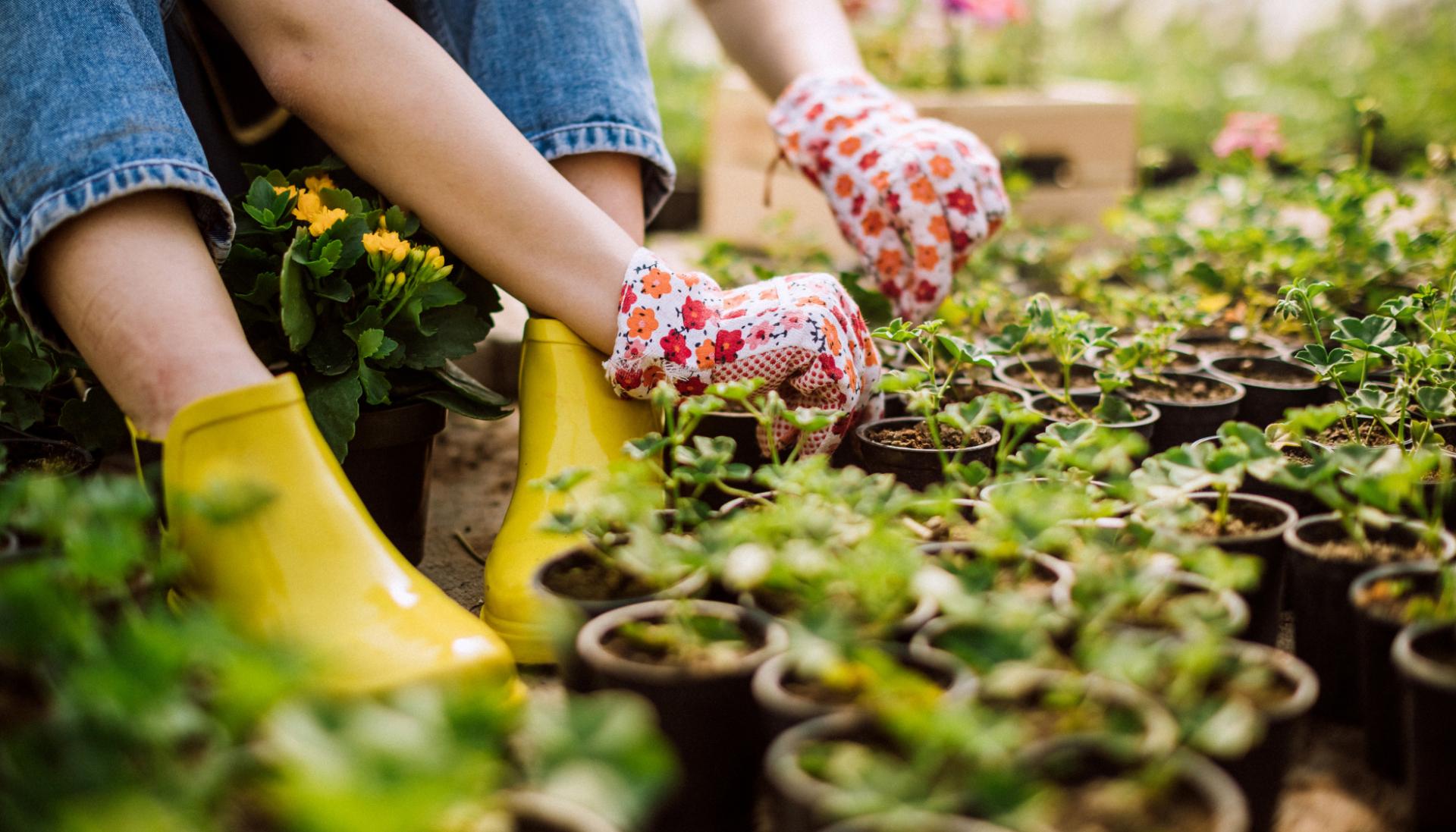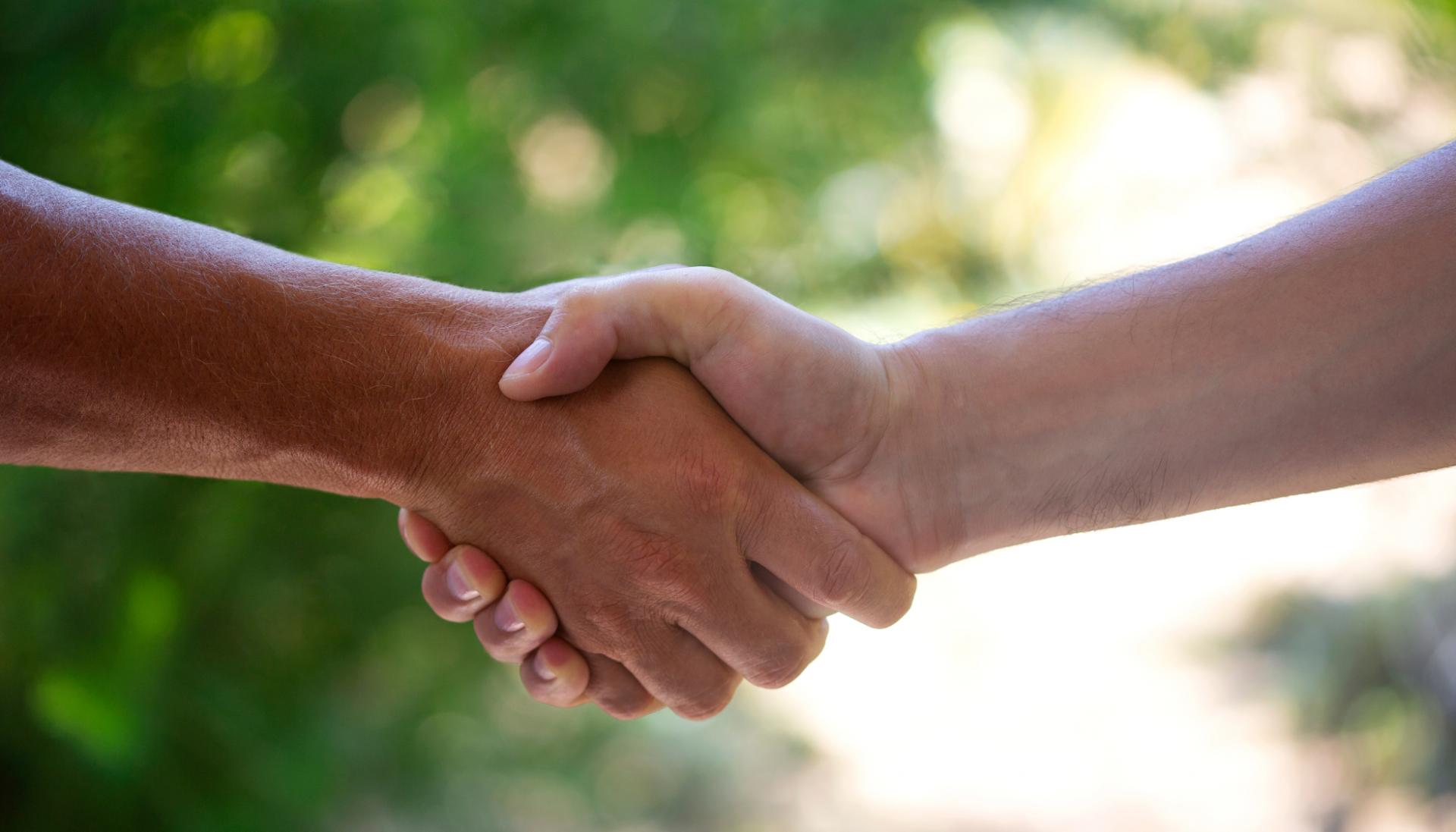Blue Earth Summit: How FMCG Startups are trailblazers in using business to prioritise a sustainable future
In the wake of the B Corp movement, there’s been a growing sense of responsibility among food and beverage (F&B) brands to prioritise sustainability. Consumers, investors, and regulatory bodies are demanding more from businesses – especially startups – who are rising to the challenge by putting environmental and social impact at the forefront. One of the spaces leading this charge is the Blue Earth Summit, which recently gathered thought leaders, entrepreneurs, and innovators to discuss how businesses can shape a more sustainable future.

Why Do Food and Beverage Companies Prioritise Sustainability?
F&B startups are at the forefront of this shift, and for good reason. Here’s why:
Consumer Demand
Customers are increasingly choosing brands that reflect their values. Brands are finding that demonstrating their environmental and social responsibility builds loyalty and drives sales, especially among younger, eco-conscious consumers.
Regulatory Pressure
Governments are tightening environmental regulations, forcing companies to adopt sustainable practices to stay compliant and avoid expensive penalties.
Resource Efficiency
Sustainability isn’t just good for the planet, it’s good for the bottom line. Managing resources efficiently can significantly cut down on waste and reduce costs related to energy and materials.
Brand Reputation
Companies that prioritise sustainability build better reputations, attracting consumers and investors alike, particularly those focused on ethical investments.
Long-Term Viability
Access to vital resources like clean water and fertile land is becoming increasingly strained. Sustainable practices help ensure these resources remain available for the long term.
Innovation Opportunities
The push for sustainability has sparked exciting innovations in packaging, product development, and supply chain management.
Community Impact
Brands that engage in sustainable practices positively impact the communities they operate in, strengthening their reputation and creating deeper customer connections.

The Blue Earth Summit 2024
The Blue Earth Summit, which was held last week in London, brought together a diverse range of speakers and companies, all dedicated to driving sustainable innovation. This isn’t just another business conference: Blue Earth is about creating a platform for positive environmental and social change, particularly within the F&B space.
The event featured notable speakers, including business leaders like Deborah Meaden and Richard Walker, environmental pioneers like Dale Vince OBE, and organisations like Virgin, Innocent, and John Lewis. Each speaker shared insights on how businesses can thrive while prioritising the planet.
One of the most exciting elements of this year’s summit was the selection of 100 European companies identified for their 'industry-shifting solutions.' These trailblazers are working with impact investors, with over £100 million in funding available to help them scale their sustainable efforts.
Trailblazing FMCG Companies Leading the Charge
In the food and beverage sector, several brands are proving that sustainability is not only good for the planet but also great for business. These companies, many of whom were represented at the Blue Earth Summit, are reimagining how we produce, package, and consume food:
● Better Nature: Pioneering plant-based protein alternatives, reducing the environmental footprint of traditional meat production.
● Tonic Health: Developing sustainable, nutrient-packed beverages with eco-friendly packaging.
● Grub Club: Innovating sustainable seafood solutions.
● When in Rome: Offering eco-friendly boxed wines to reduce packaging waste.
● Meatly: Transforming the plant-based meat industry.
● Biovit: Creating sustainable supplements and health products.
These companies are making bold strides in transforming the industry, and they’re not alone. FMCG brands such as Smart Fill, Sea Water, and Vytal are also part of this movement, providing sustainable packaging solutions and reducing food waste in innovative ways.

Partnering for Change
Blue Earth Summit isn’t just about ideas; it’s about creating actionable plans. Partnerships play a key role in driving this forward. Brands like Vegetarian Express, Baxter Storey, Pulse Kitchen, and Waste Knot are leading the way in creating sustainable supply chains, providing ethical sourcing solutions for F&B companies, and showing how collaboration can amplify impact.
Startups looking to push the envelope on sustainability can find not only guidance but also funding from impact investors present at the summit. With £100 million of funding on the table, startups can take their sustainability efforts to the next level, gaining both financial backing and the network to make meaningful change.
Creating a Platform for Positive Environmental and Social Change
One of the key themes of the Blue Earth Summit is how businesses, especially startups, can be a driving force for positive change. Events like the Futures Summit and B Corp Festival provide opportunities for founders, investors, and thought leaders to discuss the latest trends, share ideas, and collaborate on the next big steps in sustainability. These pop-up events are an important networking space, offering entrepreneurs a chance to tap into investment, mentorship, and the collective knowledge of an engaged, forward-thinking community.
The message is clear: businesses can – and must – marry growth with environmental responsibility. Consumers are no longer satisfied with brands that prioritise profit at the expense of the planet. Startups that succeed in balancing these demands are not only future-proofing themselves but also leading the charge toward a more sustainable economy.

What This Means for Startups and Harmonic’s Role
At Harmonic, we see the value in startups taking the lead in sustainability, particularly in the F&B industry. Our expertise in working with high-growth businesses allows us to help these companies manage the complexities of financing, scaling, and regulatory compliance while keeping sustainability at the heart of their operations. As impact investors look to back the next generation of eco-conscious brands, there are huge opportunities for startups that get their sustainability strategy right. And we’re here to help businesses navigate the complexities of growth while keeping sustainability at their core.
The Blue Earth Summit, and the companies it showcases, prove that businesses can be a force for good. It reminds us that sustainability isn’t a buzzword – it’s the future of business, especially in the fast-moving F&B sector. With consumers demanding more from the brands they support and investors keen to back ethical ventures, companies that prioritise the planet will be the ones that thrive. And for startups aiming to make a difference, now is the time to act.
Looking for funding to grow your sustainable business? Reach out to Lidia Burrows at [email protected]. Let us support you as your brand makes bold moves towards a greener future. Follow us on LinkedIn for the latest updates from the Blue Earth Summit and other key industry events.




